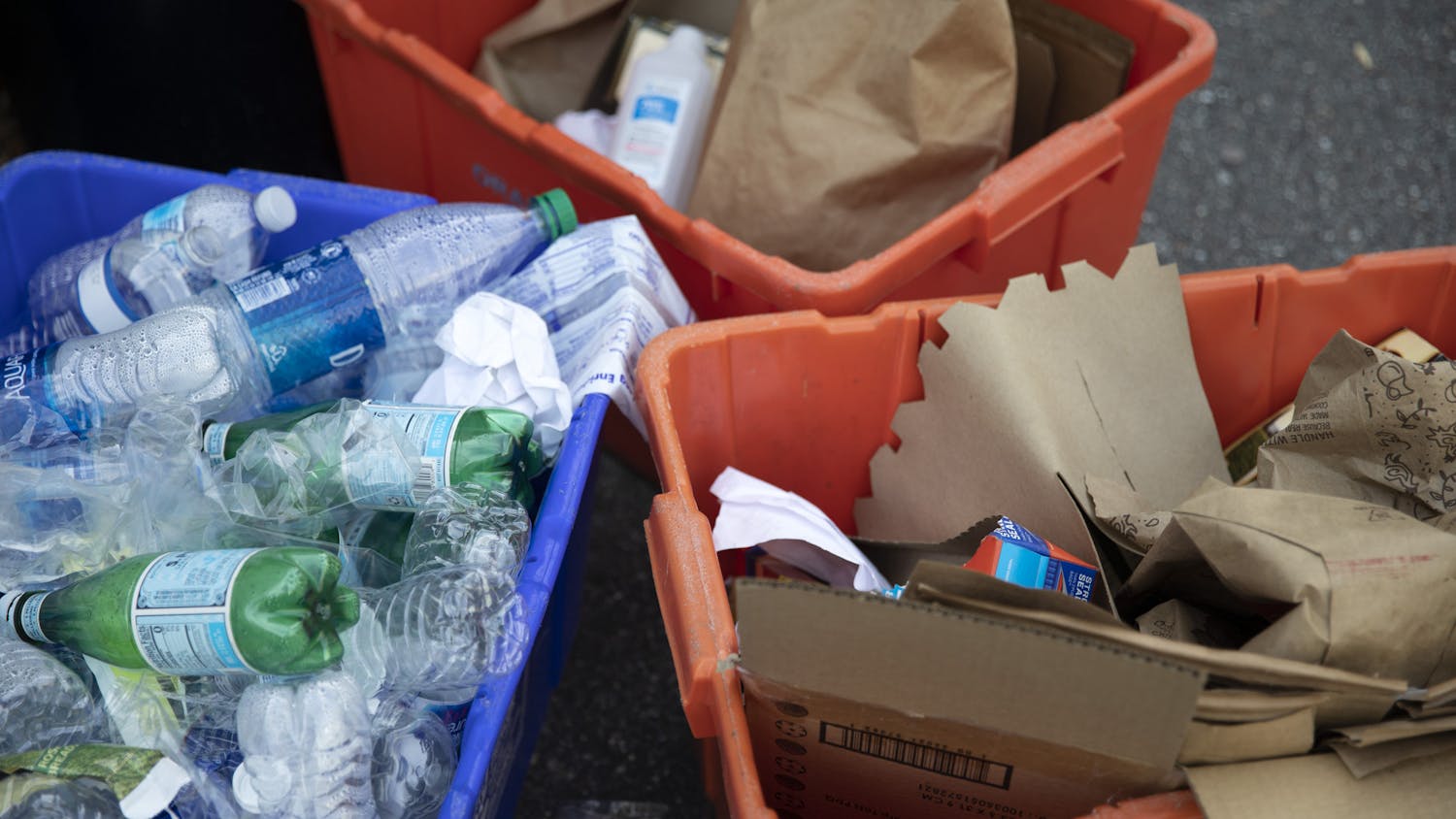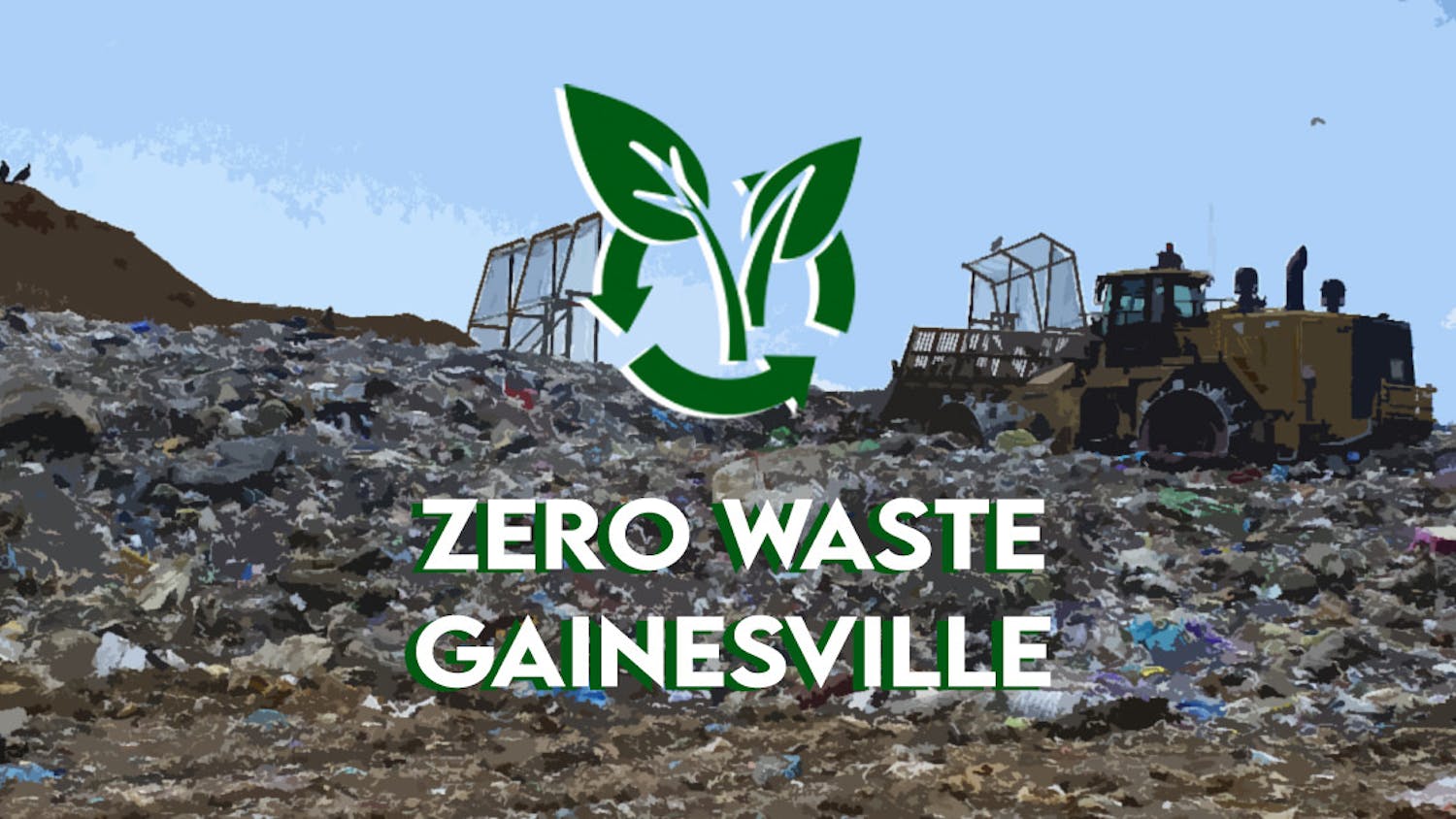Americans have recently discovered the harm of plastic straws to the environment and the animals that inhabit it. Overnight, it seems that many young people have begun urging each other to stop using the thin drinking tubes. When I first heard about this movement, I didn’t understand why straws were any worse than other plastic pollution. I figured all plastic was bad. Why are we singling out straws? This week I set out to find the reason so many environmentalists were warning us about these seemingly innocent tools.
The first thing that makes straws a bigger challenge than other plastics is that we often don’t think to recycle them. They can’t be recycled — they’re too small to be processed by the machines at recycling plants. Americans use 500 million straws per day and their average life span is 20 minutes. Because plastic never fully biodegrades, the straws will live the majority of their life littered somewhere or will make the journey to a “continent” that is a third of the size of North America: the Great Pacific Garbage Patch.
When animals are swimming in more plastic than water (one study predicts pollution will outweigh marine life by 2050) they can inhale it or eat it. According to onegreenplanet.org, up to 50 percent of sea turtles ingest plastic. This can cause them to get sick and die or be unable to digest food. When we lose one part of the ecosystem, it affects many other species — including humans! People should take the endangerment/extinction of animals personally. It might not directly affect you, but at one point it will. It’s just cruel that an innocent animal should have to suffer because of our actions.
It’s a bit ridiculous that we are so addicted to a product with literally no purpose. When did we become too lazy to lift a glass up. Straws are one of the top 10 items found in beach clean ups. Straws serve little to no purpose and are handed out excessively by restaurants and bars. It’s hard to believe we still use them when it costs zero dollars to just drink out of a cup.
There are compostable plastic straws, but these are meant to be broken down at a facility — not by the ocean. Paper straws can be a good alternative, but they quickly turn to mesh. Your best option, if you’re looking to give up straws, is to buy a reusable metal or wooden straw. Or you could always just take the lid off your drink and go strawless.
Not using a straw might seem like an inconvenience but at some point we have to draw the line. I think we are accustomed to a level of luxury that isn’t sustainable. For me, living in a second-world country taught me about living with less unnecessary comforts. Giving up straws to protect the wildlife from consuming them and dying seems worth it to me.
Layla Soboh is a UF advertising junior. Her column comes out Tuesday and Thursday.





